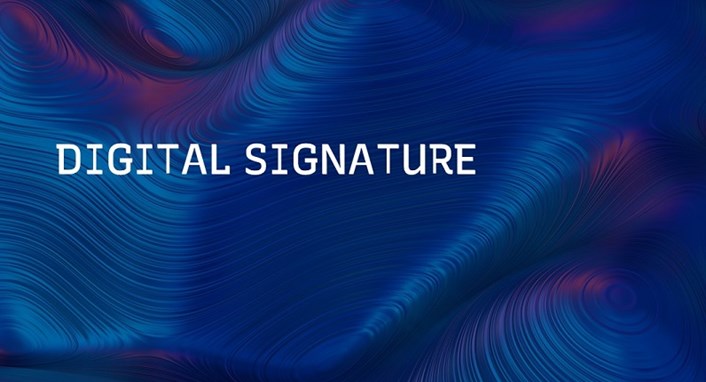
Digital Signature
3 TYPES OF ELECTRONIC SIGNATURE!
An electronic signature provides a reliable solution to enable the digital signing of an agreement. Considering different industries and regulatory frameworks or risks, it is possible to select the most appropriate level of security for the specific use case.
Digital signatures are regulated by the European eIDAS regulation, the Swiss ZertES and the United Kingdom’s Electronic Identification and Trust Services for Electronic Transactions Regulations.
Depending on the type of electronic signature, it is possible to provide evidence of the willingness of the person to sign, that the document hasn’t been altered in a subsequent timeframe, and of the robustness of identification of the person.
- SES: Simple Electronic Signature
This is the simplest version of digital signatures. There is no signer authentication or ID verification. - AES: Advanced Electronic Signature
This involves signer authentication and ID verification. - QES: Qualified Electronic Signature
This is the most reliable type of digital signature. There is direct authentication and ID verification
of the signer provided by a Qualified Trust Service Provider. Compared to the AES procedure, there is a stronger identification process and the certificate applied to the document is associated with the person.
GET IN TOUCH WITH THE SALES TEAM
What does the next digital journey of your business look like? Let's find out together.


